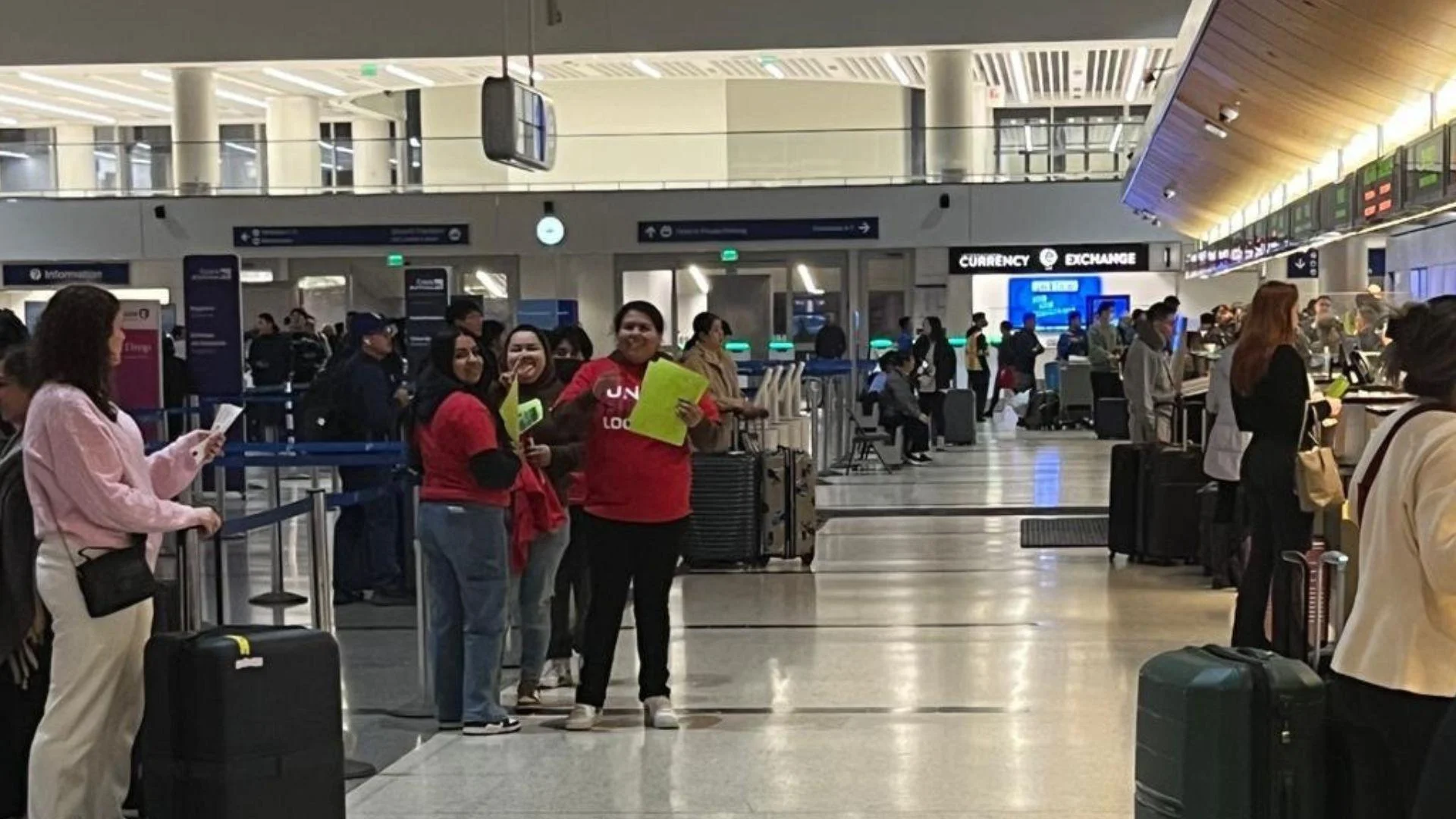Last week’s stock market plunge has been attributed to a combination of factors, including the Bank of Japan's modest rise in interest rates and fears of an impending US recession. However, a significant influence on the crisis was a seasonal workplace quirk: summer holidays.
Market convulsions briefly wiped more than $1 trillion from Japan’s main stock index and sent shares in megacap tech groups plummeting. The crisis was exacerbated by a lack of liquidity due to thin staffing over the holidays.
“It was a perfect volatility event at the worst possible time ... If everyone’s away for the summer and you don’t have enough liquidity when something like that happens, you’ve got a big problem,” said Dan Scott, head of the multi-asset boutique at Vontobel. “Everyone was stuck in the same trades and then suddenly we had a change in the paradigm.”
 Alerts Sign-up
Alerts Sign-up




































